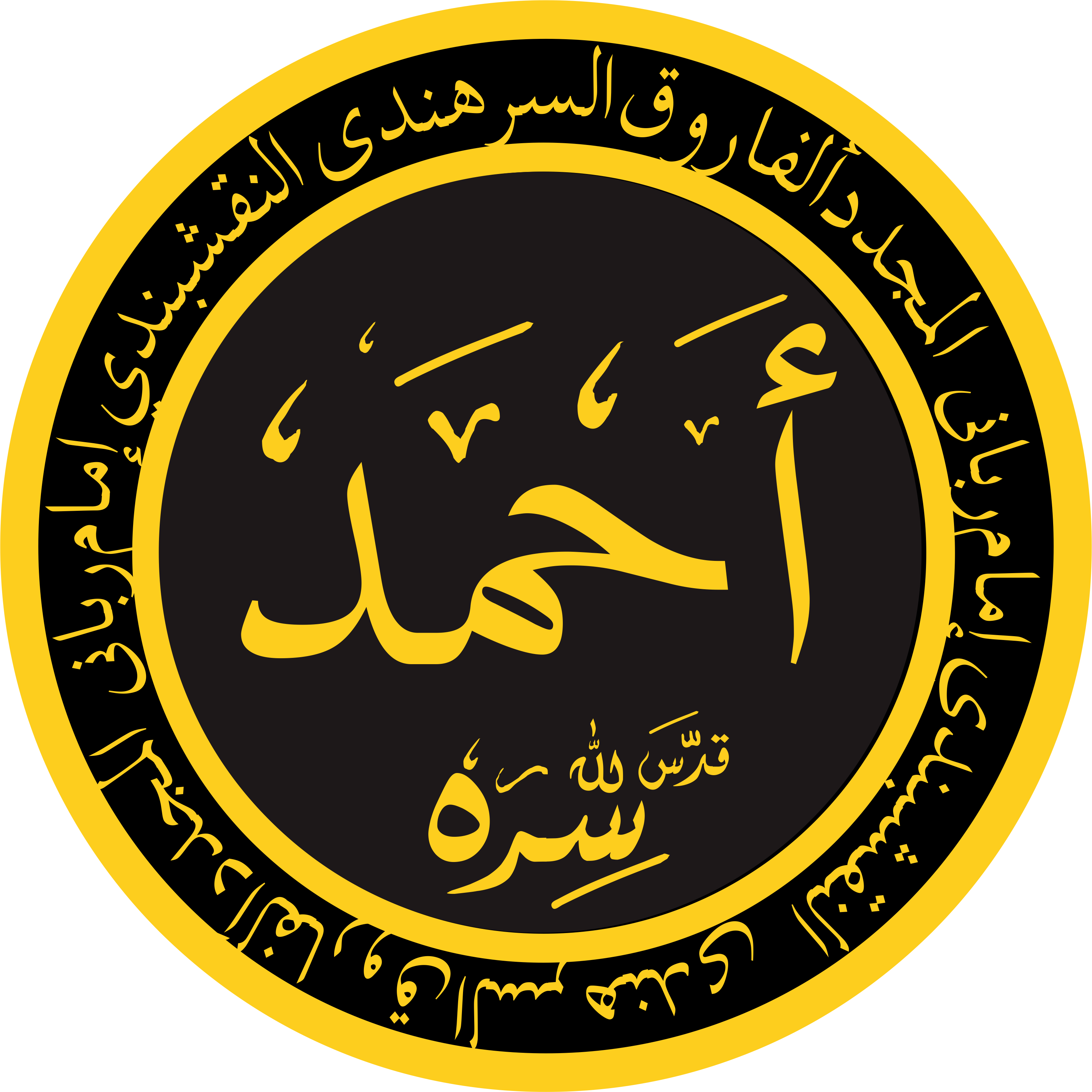Maktubat-i-Imam Rabbani translated into Urdu by Maulana Muhammad Sa’id Ahmad Naqshbandi, Deoband, 1988, Volume III, pp. 660-63. These passages are from a long letter in which Ahmad Sirhindi answered a large number of questions from his disciples.
From his letters
Ахмад Сирхинди: Цитаты на английском языке
Maktubat-i-Imam Rabbani translated into Urdu by Maulana Muhammad Sa’id Ahmad Naqshbandi, Deoband, 1988, Volume I, p.211. This letter was written to the Khan-i-Azam of that time.
From his letters
S.A.A. Rizvi, Muslim Revivalist Movements in Northern India in the Sixteenth and Seventeenth Centuries, Agra, 1965, pp. 248-249. Quoted from Goel, Sita Ram (1995). Muslim separatism: Causes and consequences. ISBN 9788185990262
From his letters
Maktubat-i-Imam Rabbani translated into Urdu by Maulana Muhammad Sa’id Ahmad Naqshbandi, Deoband, 1988, Volume I, pp.435-36. This letter was written to Shaikh Farid.
From his letters
Maktubat-i-Imam Rabbani translated into Urdu by Maulana Muhammad Sa’id Ahmad Naqshbandi, Deoband, 1988, Volume II, p.1213. This letter was written to Mir Muhammad Nu‘man, obviously in the reign of Akbar.
From his letters
Maktubat-i-Imam Rabbani translated into Urdu by Maulana Muhammad Sa’id Ahmad Naqshbandi, Deoband, 1988, Volume I, 396 Letter was written to Hirday Ram Hindu who had “expressed affinity” with Sirhindi’s school of thought.
From his letters
S.A.A. Rizvi, Muslim Revivalist Movements in Northern India in the Sixteenth and Seventeenth Centuries, Agra, 1965, p.247. Quoted from Goel, Sita Ram (1995). Muslim separatism: Causes and consequences. ISBN 9788185990262
Maktubat-i-Imam Rabbani translated into Urdu by Maulana Muhammad Sa’id Ahmad Naqshbandi, Deoband, 1988, Volume III pp.707. This letter was also written to Shaikh Farid alias Nawab Murtaza Khan who had reached Kangra in November 1620 to conquer the fort and desecrate its temples. Jahangir had followed the Nawab in order to celebrate the victory by sacrificing cows and building a mosque where none had existed before.
From his letters
Maktubat-i-Imam Rabbani translated into Urdu by Maulana Muhammad Sa’id Ahmad Naqshbandi, Deoband, 1988, Volume I, p.388 ff.This letter was written to Shaikh Farid alias Nawab Murtaza Khan who was opposed to Akbar’s religious policy, and who supported Jahangir’s accession after taking from the latter a promise that Islam will be upheld in the new reign.
From his letters
“Whenever a Jew is killed, it is for the benefit of Islam.”
Ahmad Sirhindi, quoted from Bostom, A. G. (2015). Sharia versus freedom: The legacy of Islamic totalitarianism.
Javed Ansari:India: The World’s ‘Largest Democracy’, in Arabia: The Islamic Review, December 1981.
But this rejection of the philosophers also “leads him to an equally indignant rejection of their [the philosophers] natural sciences. Their geometry, astronomy, logic, and mathematics are useless as far as the hereafter is concerned and fall therefore within the category of ‘inconsequential things’ [mā lā ya‘nī].”
Ibn, Warraq (2017). The Islam in Islamic terrorism: The importance of beliefs, ideas, and ideology. ch 15, quoting Yohanan Friedmann, Shaykh Ahmad Sirhindi, An Outline of His Thought and a Study of His Image in the Eyes of Posterity (Montreal: McGill-Queen’s University Press, 1971), 53ff
